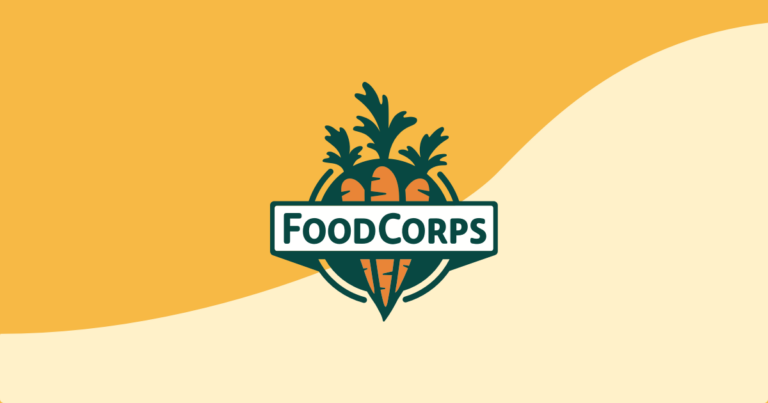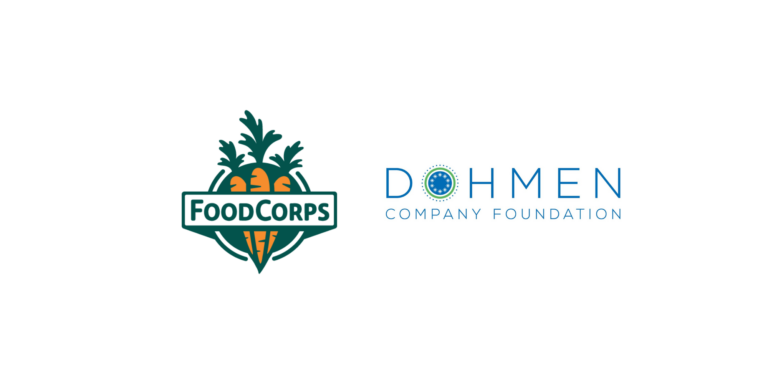By Aiyanna Sezak-Blatt
“For members of the Eastern Band of the Cherokee, heritage, health and agriculture are intertwined. However, maintaining traditional agricultural knowledge in the face of powerful economic and environmental factors has been a challenge. Cherokee is a community in flux. Decadeslong high poverty and unemployment rates are beginning to decline, but access to healthy food remains limited, and cultural values seem to be changing.
“Years ago, kids were taught to grow a garden; they were taught life skills that aren’t really taught anymore,” says Sheena Kanott, program director at Cherokee Choices, a healthy living program that was established in 2006.
According to Cherokee Choices, Cherokee adults are twice as likely to be obese as members of other racial and ethnic groups in North Carolina. In fact, according to a 2006 study from the Centers for Disease Control and Prevention, the rate of Type 2 diabetes among Cherokee men and women combined is 24 percent — more than three times the combined rate for men and women from all other racial and ethnic groups in North Carolina. And yet resources that could curb this trend — food education and access — are not always within reach.”
Read on in Mountain Xpress >>





